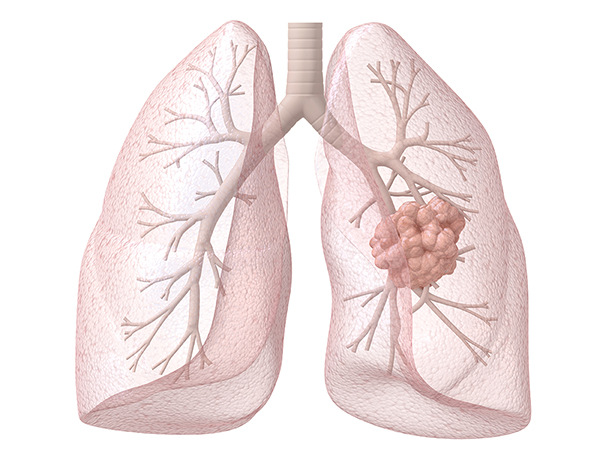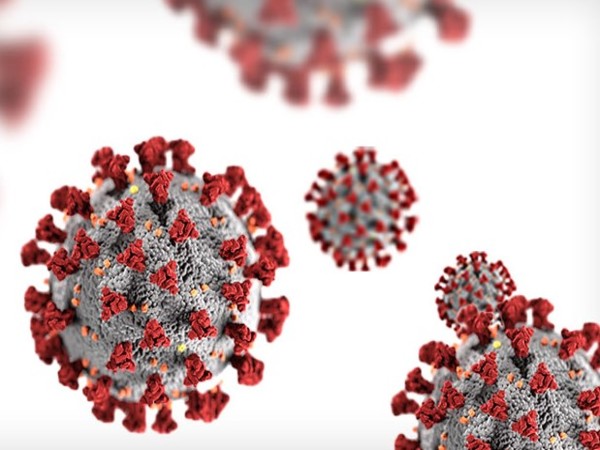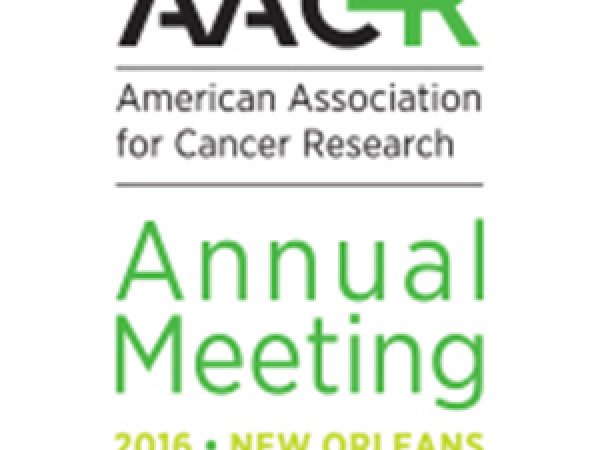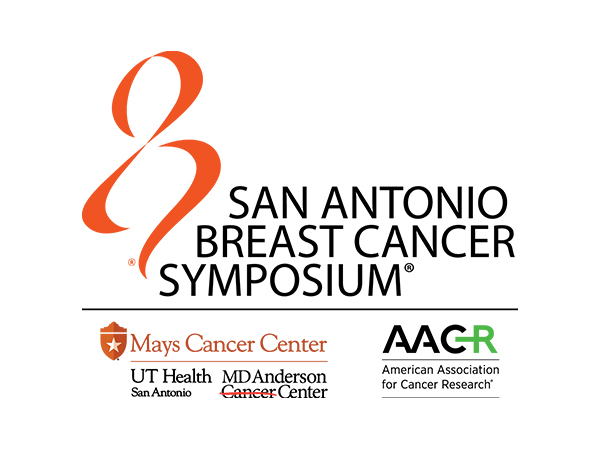A Look at FDA Approvals for the Treatment of Lung Cancer in 2020
Roughly 6 percent of men and women in the United States will be diagnosed with lung and bronchus cancer during their lifetime. While both the incidence and mortality rates have been steadily decreasing in recent decades, lung cancer is the leading cause of cancer mortality, accounting for almost a quarter of all cancer deaths.
In light of these statistics, the research and development of new strategies to treat lung cancer continues to be a major focus. So far in 2020, the U.S. Food and Drug Administration (FDA) has approved three novel drugs for the treatment of lung cancer, in addition to eight expansions for the use of therapeutics previously approved for other indications.
Read on to learn more about the newly available treatments for lung cancer.
Two novel molecularly targeted therapeutics approved for the treatment of NSCLC
Non-small cell lung cancer (NSCLC) comprises the vast majority of lung cancer cases. This group of lung cancers has multiple subtypes, with diverse drivers of oncogenesis and metastasis. The prognosis for NSCLC worsens dramatically once the cancer has spread to other parts of the body. While there are many mechanisms for metastasis, mutations in the gene MET that lead to alternative splicing and result in skipping exon 14 can facilitate cancer spread. It is estimated that mutations leading to exon 14 skipping are found in 3 to 4 percent of patients with lung cancer.

On May 6, 2020, the FDA granted accelerated approval to the molecularly targeted therapeutic capmatinib (Tabrecta) for the treatment of adult patients with metastatic NSCLC whose tumors have a mutation that leads to MET exon 14 skipping, as detected with the FoundationOne CDx assay, which was approved at the same time as capmatinib. Data for this approval was based on results from the GEOMETRY mono-I phase II clinical trial which was presented during the AACR Annual Meeting 2020 and was covered in this post.
On September 4, 2020, the FDA granted accelerated approval to the molecularly targeted therapeutic pralsetinib (Gavreto; previously called BLU-667) for patients with metastatic RET fusion-positive NSCLC, as detected with the Oncomine Dx Target (ODxT) Test, which was approved at the same time as pralsetinib. Alterations to the receptor tyrosine kinase RET, including those that result in RET being fused to a second protein, can drive the formation of cancer. RET fusions are estimated to be present in 1 to 2 percent of lung adenocarcinoma cases.
Data for this approval was based on results from the ARROW phase I/II clinical trial, which is evaluating the efficacy of pralsetinib in a variety of advanced solid tumor types that harbor RET alterations. In 87 patients with RET fusion-positive NSCLC previously treated with platinum chemotherapy, treatment with pralsetinib resulted in an overall response rate of 57 percent, with 80 percent of responding patients having responses that lasted six months or longer. Further, in 27 patients with RET fusion-positive NSCLC who did not receive prior systemic therapy, treatment with pralsetinib resulted in an overall response rate of 70 percent, with 58 percent of responding patients having responses that lasted six months or longer.
Results from the first-in-human study of pralsetinib, which were presented during the AACR Annual Meeting 2018, were previously covered in this post.
A novel treatment approved for patients with SCLC
Small cell lung cancer (SCLC), while less common than NSCLC, has a worse prognosis and has fewer treatment options. While most patients initially respond to frontline cytotoxic treatment, nearly all patients will experience recurrence of their disease. The five-year survival rate for SCLC is less than 7 percent.
On June 15, 2020, the FDA granted accelerated approval to lurbinectedin (Zepzelca) for patients with metastatic SCLC whose cancer progressed on or after platinum-based chemotherapy.
Lurbinectedin binds to residues in the minor groove of DNA and inhibits oncogenic transcription. As reported in a study published in the AACR journal Molecular Cancer Therapeutics, lurbinectedin inhibits transcription by binding to CG-rich regions of DNA located around promoters of protein-coding genes, stalling RNA polymerase II on the DNA template and triggering its specific degradation, which ultimately leads to DNA breaks that result in apoptosis.
Data for this approval was based on results from a phase II clinical trial evaluating lurbinectedin in previously treated patients with advanced solid tumors. In the 105 patients with SCLC, the overall response rate was 35 percent, with a median duration of response of 5.3 months, as determined by investigator assessment using RECIST 1.1.
The combination of lurbinectedin with the immune checkpoint inhibitors nivolumab (Opdivo) and ipilimumab (Yervoy) is currently being investigated in a clinical trial among patients with relapsed and/or recurrent SCLC.
Expansions of existing treatments for lung cancer
The FDA also approved the expanded use of eight previously approved therapeutics. Of these, five were expansion of immunotherapy regimens:
- The approval of the PD-L1 inhibitor durvalumab (Imfinzi) in combination with etoposide and either carboplatin or cisplatin as first-line treatment of patients with extensive-stage SCLC;
- The approval of nivolumab and ipilimumab as first-line treatment for patients with metastatic NSCLC with PD-L1 tumor expression of at least 1 percent, as determined by an FDA-approved test, with no epidermal growth factor receptor (EGFR) or anaplastic lymphoma kinase (ALK) genomic tumor aberrations;
- The approval of the PD-L1 inhibitor atezolizumab (Tecentriq) for the first-line treatment of patients with metastatic NSCLC whose tumors have high PD-L1 expression and with no EGFR or ALK genomic tumor aberrations;
- The approval of nivolumab plus ipilimumab and two cycles of platinum-doublet chemotherapy as first-line treatment for patients with metastatic or recurrent NSCLC and with no EGFR or ALK genomic tumor aberrations;
- The tissue-agnostic approval of the PD-1 inhibitor pembrolizumab (Keytruda) for the treatment of patients with unresectable or metastatic tumor mutational burden-high (TMB-high) solid tumors, as determined by an FDA-approved test, whose cancer has progressed following prior treatment and who have no satisfactory alternative treatment options (lung cancers are more frequently associated with high TMB compared with many other cancers).
Three approvals were expansions of previously approved molecularly targeted therapeutics:
- The approval of the RET inhibitor selpercatinib (Retevmo) for adult patients with metastatic RET fusion-positive NSCLC;
- The approval of the dual ALK/EGFR inhibitor brigatinib (Alunbrig) for patients with ALK-positive metastatic NSCLC as detected by an FDA-approved test (brigatinib was previously approved only for patients who were intolerant of or whose cancer progressed during treatment with the dual receptor tyrosine kinase crizotinib [Xalkori]);
- The approval of the VEGFR-2 inhibitor ramucirumab (Cyramza) in combination with the EGFR inhibitor erlotinib (Tarceva) for first-line treatment of metastatic NSCLC with EGFR exon 19 deletions or exon 21 (L858R) mutations.



